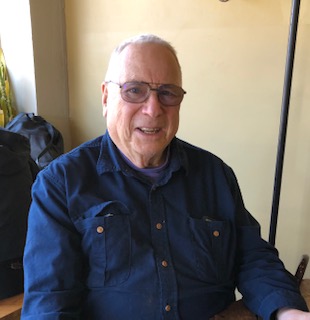Opinion: What Do We Expect From Our Elected Boards?

Photo: istock

It was pleasing this morning to read that both Town Council and School Committee will have contested seats in the upcoming town election in November. The Library Board of Trustees incumbents are, thus far, unchallenged. That could be read as satisfaction; it could be read as indifference; it could be read as fatigue with the library dramas that have been playing out for years now.
But put the library aside for a moment. Currently the town council and school committee elections are being held in the shadow of a crisis, and as in 2016, it is a crisis in the schools. Many people feel that back then it was the school crisis (around the building of a new elementary school) that set in motion the steps that ultimately replaced the Select Board/Town Meeting form of government with a Town Council. It is quite possible that in 2023 it will be another school crises (whether that is defined as the treatment of trans and gay students in the Middle School or as the murkiness of central office administrative relationships and actions) that serves as the centerpiece of the November town election. The increasingly mythic status of the Title IX investigation may or may not clarify things before that election but it seems clear that for many voters the question has shifted from either of these issues to the actions (or inactions) of members of the Regional School Committee, on which Amherst representatives hold a majority of seats (or did until three resigned.)
But there is an underlying question which current circumstances have raised to the fore: the Middle School crisis, the library expansion project, and in both its terms, the initiation and advocacy for land use decisions by members of the Town Council. What do we want our elected boards to be and to do? What do we want their relationship be to the town that elected them and to the individual they select to manage and, perhaps, lead the organizations? This is an important and maybe urgent question to address right now, when we are electing all the seats on our boards, searching for a new Superintendent of Schools, and conducting a mandated review of our town Home Rule Charter, the last such mandated review until 2034.
These are structural questions and should be separated from the controversies of the moment. In the three-way relationship between voters—boards—managers/leaders, those innocuous little dashes are both dense and equivocal. It’s the dashes we don’t pay attention to or talk about. It’s the dashes that get us in trouble.
I can’t address all these dashes here, but over time I hope to. In the meantime, as we learn about the candidates – incumbents and challengers – we must expect them to address two kinds of questions: first, their positions on the important issues facing and agonizing our town, and, second, their opinion on the proper relationship between the committee on which they seek to serve and, on the one hand, the town that elected them, and, on the other hand, the person they have chosen to manage and/or lead the organization they have been elected to oversee. We should ask candidates these questions and then we should ask them of ourselves, just as boards and their appointees should ask them of themselves and each other. (I would love superintendents, principals, and teachers to ask these questions of each other, but that is another topic altogether.)
And then, the stinger: what do those dashes represent when disagreement is open and often intense? If our boards were more skillful at figuring these dashes out, we might not necessarily agree more but we might possibly be more willing to learn from each other, and that would make all the difference.
Michael Greenebaum was Principal of Mark’s Meadow School from 1970 to 1991, and from 1974 taught Organization Studies in the Higher Education Center at the UMass School of Education. He served in Town Meeting from 1992, was on the first Charter Commission in 1993, and served on several town committees including the Town Commercial Relations Committee and the Long Range Planning Committee.
